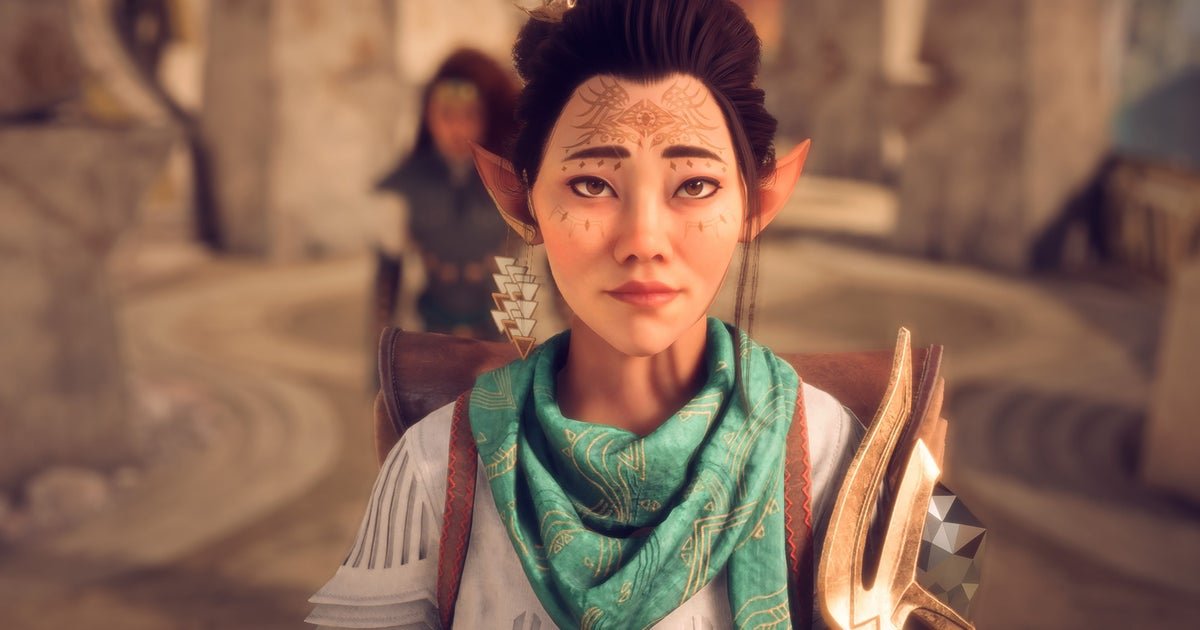Answering GDC’s 2023 survey, 78% of respondents said they considered the harassment and toxicity developers receive from the public to be a serious issue. A simple sentiment is often the most effective, and the title of Dragon Age veteran Mark Darrah’s latest video cuts right to the heart of it: “Your $70 doesn’t buy you cruelty.”
You don’t have to like a game, and you don’t have stay quiet if you have complaints, says Darrah. You’re entitled to be angry, and you’re entitled to express that anger. “If you are mad at that Ubisoft game, be mad at Ubisoft,” he says. “Express your anger to Ubisoft or the studio that made the game. But you cross a line when you start being cruel about it.” (Thanks, PC Gamer and GamesRadar)
“When you celebrate layoffs at a studio because the game that you don’t like didn’t do that well, you’re crossing a line into being cruel, and fundamentally, you should have more grace for other human beings,” Darrah says. “But if you’re not buying that, let’s go on to point two: you don’t know what caused the results you don’t like.”
Mark Darrah! Are you suggesting to the internet that booting up a game doesn’t instantly bestow you with a flawless grasp of development’s every nuance like Neo learning Kung Fu? I’d call it a dangerous play, but since you’ve already suggested commenters try a little basic empathy, I can only assume your tolerance for having bile slung at you is ironclad.
He gives an example of the sort of circumstances that might lead to issues. “Say you don’t like the line delivery on a piece of dialogue. Is that the fault of the voice actor? It might be, but it could be a lot of other things”. It might be the fault of the person directing them, he says. Maybe the writer gave specific stage directions, or the recording equipment went down and they were stuck with an imperfect take. Or maybe the writer themselves was under pressure from crunch.
“Maybe the direction of the game changed radically three months ago, and they had to rewrite this entire character in just three months,” Darrah continues, which might well be an example plucked from experience. Dragon Age: The Veilguard, which Darrah consulted on and has attracted a wave of the sort of ire he’s calling out here, began life as a live service game.
He gives several other examples of the sort of circumstances that can lead to perceived or real issues with quality, but the message is both clear and rings true: game development is complicated, and problems can occur at every level and cause ripple effects. It’s also true that more public facing professionals often suffer the worst harassment, and for issues that are largely beyond their control. None of which means that players should simply shut up about games that don’t meet their hopes, but there’s a line between proportionate feedback aimed at the company as a whole and just shitting on random designers over social media: especially when you’re celebrating job losses.
“Express your opinion to the company that made your game. Tell them what you like, tell them what you don’t like. Be specific. It will help you get games that are more like what you want. But when you are personally attacking individual devs, you are crossing a line, and you’re probably attacking the wrong person anyway.”
I’m concerned here that Darrah’s words will not so much fall on deaf ears as ears deliberately chopped off by their owners. Call me cynical, but I don’t think the sort of person who goes online to harass developers, writers, or actors is just one realisation away from stopping – whether that realisation is about the material or hierarchical realities of development, or simply the emotional toll the avalanche of abuse can take on their targets.
Still, if anything is likely to engender some empathy, developers speaking candidly about the realities of their work would be it, so hats off to Mark Darrah for speaking about this publicly. Just don’t read the comments.

